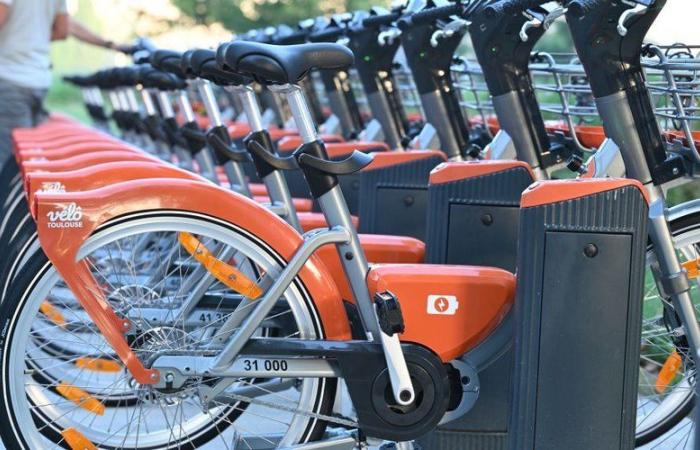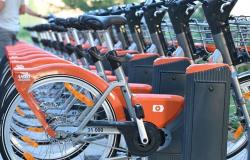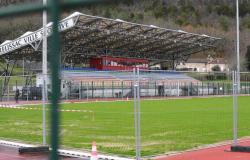
the essential
The Toulouse self-service bicycle network will be extended to five municipalities in the inner suburbs in September 2025. Colomiers chooses to delay due to the always predictable budget cuts.
Launched on August 30, the new VélôToulouse service, with the arrival of electric bikes, is still riding high on success. The 2 million user mark was crossed a long time ago and the 3 million mark is already in the sights. As of December 8, according to the count communicated today by Tisséo Collectivités, the mobility organizing authority, pink bicycles, i.e. mechanical, and orange, electric, have been borrowed 2,881,000 times.
Every day, around 28,000 people use a VélôToulouse. This is more than twice as much as with the old bicycles from JCDecaux which, after a new call for tenders, remained the delegatee of the self-service bicycle network. The record to date is 39,000 users in a single day.
Mesh towards the periphery
The extension to several municipalities in the periphery, planned in the public service delegation with commissioning in September 2025, is being prepared now. Five municipalities in the inner suburbs have just confirmed their desire to Tisséo, which will place an order with JCDecaux: Ramonville (with 6 stations), Labège (4 stations); Tournefeuille (4 stations); Blagnac (16) and Aucamville (3). To these cities, we must add Toulouse which, after the 117 new stations this summer in the suburbs, will see twelve more arrive, in particular to ensure a network with the outskirts.
On the other hand, following the budget cuts planned during the Barnier government – a financial tightening which could well remain current – Karine Traval-Michelet, mayor of Colomiers, announced the postponement of the arrival of VélôToulouse in its common. She said it again this Wednesday, questioned on the sidelines of the Tisséo union council. The €3.4 million that Colomiers expects to lose, “that’s all our self-financing,” explains the elected official who therefore reviewed all the lines of her budget. “It’s a saving on something that doesn’t exist. It’s not as if we were eliminating a service”, she explains, recalling the investments made in favor of cycling in her municipality, such as the creation cycle paths, the transition to 30 km/hour…
“The will has existed for a long time but it is shattered by budgetary reality,” says the woman who led the mayors’ revolt against budget cuts during the rally in front of the prefecture on November 7.
How much does it cost the municipalities?
A Vélostation costs €17,000 per unit for municipalities in the Toulouse suburbs that wish to benefit from the self-service bicycle service. But the bill must in principle fall: as part of the public service delegation with JCDecaux (€97 million paid to Tisséo for twelve years), 75% of the revenue is paid to Tisséo. “This revenue is shared between the municipalities in proportion to the number of dropouts” per station, explains Pierre Trautmann, the elected official in charge of public service delegations. In Aucamville, the mayor, Gérard André, who plans to set up “two, even three stations”, hopes to increase the cost to €13,000. In Ramonville, Christophe Lubac is not worried about the usefulness of the new service. “We were already seeing VélôToulouse coming to Ramonville or Bikini. » Furthermore, this Wednesday, the elected officials of Tisséo voted for a deliberation which allows companies to benefit from collective cards to use VélôToulouse and encourage their use.





